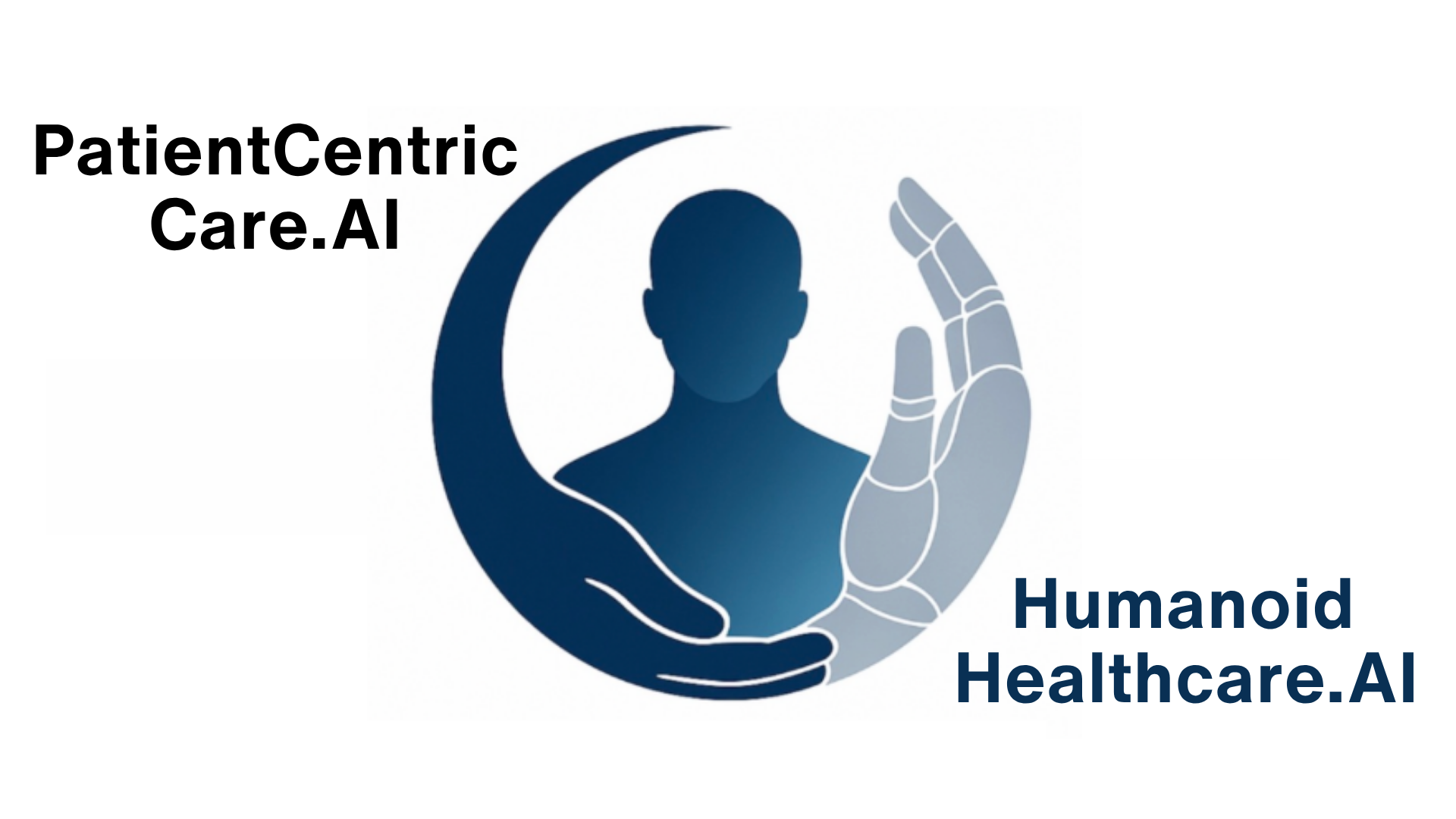Can AI Defeat Alzheimer's? The Promise of Digital Therapeutics in 2025
Published: October 11, 2025
For decades, Alzheimer's disease has been one of the most formidable challenges in medicine. However, a new ally has joined the fight: Artificial Intelligence. In 2025, AI is no longer just a buzzword; it is a powerful tool that is accelerating research, enhancing diagnosis, and delivering innovative new therapies. From designing novel drug candidates to powering digital support programs for patients, AI is offering a glimmer of hope in the battle against cognitive decline.
This article delves into the transformative role of AI in Alzheimer's research and care, exploring the latest breakthroughs in digital therapeutics, drug discovery, and patient support.
AI-Powered Drug Discovery: A New Era for Pharma
The traditional drug discovery process is notoriously slow and expensive. AI is changing that. As highlighted by the European Pharmaceutical Review, an AI-designed molecule for Alzheimer's has entered its first human trial, a testament to the power of AI in rapidly updating the R&D pipeline [1].
By analyzing vast datasets of biological and chemical information, AI algorithms can identify novel drug targets and design molecules with a higher probability of success. This not only accelerates the development of new treatments but also reduces the cost, making them more accessible to patients.
Digital Therapeutics: Cognitive Support at Your Fingertips
One of the most exciting frontiers in Alzheimer's care is the emergence of Digital Therapeutics (DTx). These are evidence-based therapeutic interventions delivered through software to prevent, manage, or treat a medical disorder or disease. A 2025 review in the *Journal of Medical Internet Research* highlights the growing impact of DTx in providing cognitive rehabilitation and AI-powered education programs for elderly patients with cognitive impairment [2].
Examples of Digital Therapeutics in Action: - Cognitive Training Games: Engaging, personalized games that target specific cognitive functions. - AI Companions: Chatbots and virtual assistants that provide 24/7 companionship and support, reducing loneliness and anxiety. - Personalized Education Modules: AI-powered programs that deliver tailored information and coping strategies to patients and their families.Early Diagnosis and Personalized Interventions
Early and accurate diagnosis is critical for managing Alzheimer's disease. AI is making this possible by analyzing complex data from brain scans, genetic tests, and cognitive assessments to identify subtle patterns that may be missed by human clinicians. This allows for earlier intervention and more personalized treatment plans.
Innovaccer's 2025 report on AI trends points to the rise of 24/7 monitoring and mental health support apps, which can track cognitive function over time and provide early warnings of decline [3]. This continuous data stream allows for a more proactive and personalized approach to care.
The Road Ahead: Challenges and Opportunities
While the promise of AI in fighting Alzheimer's is immense, there are still challenges to overcome. Ensuring the ethical use of patient data, navigating the regulatory landscape, and making these technologies accessible to all are key priorities. However, as organizations like IQVIA emphasize, the momentum behind CNS innovation is growing, with a renewed focus on digital and AI-surveillance for cognitive decline [4].
The integration of AI into Alzheimer's research and care is not a distant dream; it is happening now. By harnessing the power of data and technology, we are moving closer to a future where Alzheimer's is no longer an insurmountable challenge, but a manageable condition.
---
References
[1] European Pharmaceutical Review. (2025). *DSP‑0038: AI‑Designed Alzheimer’s Candidate Enters First Human Trial*. European Pharmaceutical Review.
[2] J. Med. Internet Res. (2025). *Digital Therapeutics for Cognitive Impairment: Exploring Impact and Challenges*. Journal of Medical Internet Research, 2025; 1:e73689. https://www.jmir.org/2025/1/e73689
[3] Innovaccer. (2025). *Top 5 AI Trends In Healthcare To Watch Out For In 2025*. Innovaccer Blog. https://innovaccer.com/blogs/top-5-ai-trends-in-healthcare-to-watch-out-for-in-2025
[4] IQVIA. (2025). *Mind over matter: The growing momentum of CNS innovation*. IQVIA Whitepaper. https://www.iqvia.com/-/media/iqvia/pdfs/emea/library/whitepaper/mind-over-matter-2025.pdf
---
About the AuthorAndy Squire brings over 30 years of experience in Big Pharma, specializing in Business Insights, Digital CX & IT. With Cambridge/INSEAD/Oxford AI education, Andy combines deep industry expertise with a unique perspective as a 2x cancer survivor. This lived experience informs his approach to understanding pain points in the customer journey and designing AI Agent solutions that deliver real impact for healthcare organizations and businesses.
Contact: [email protected] | AndySquire.AI